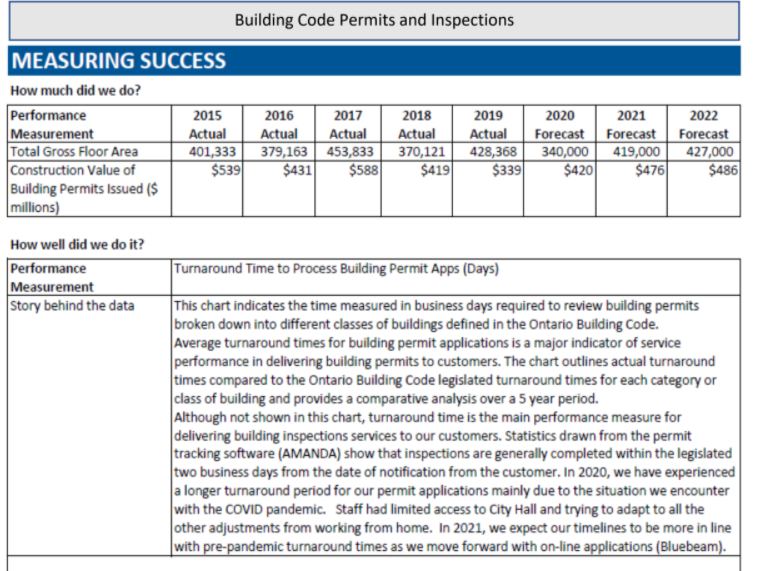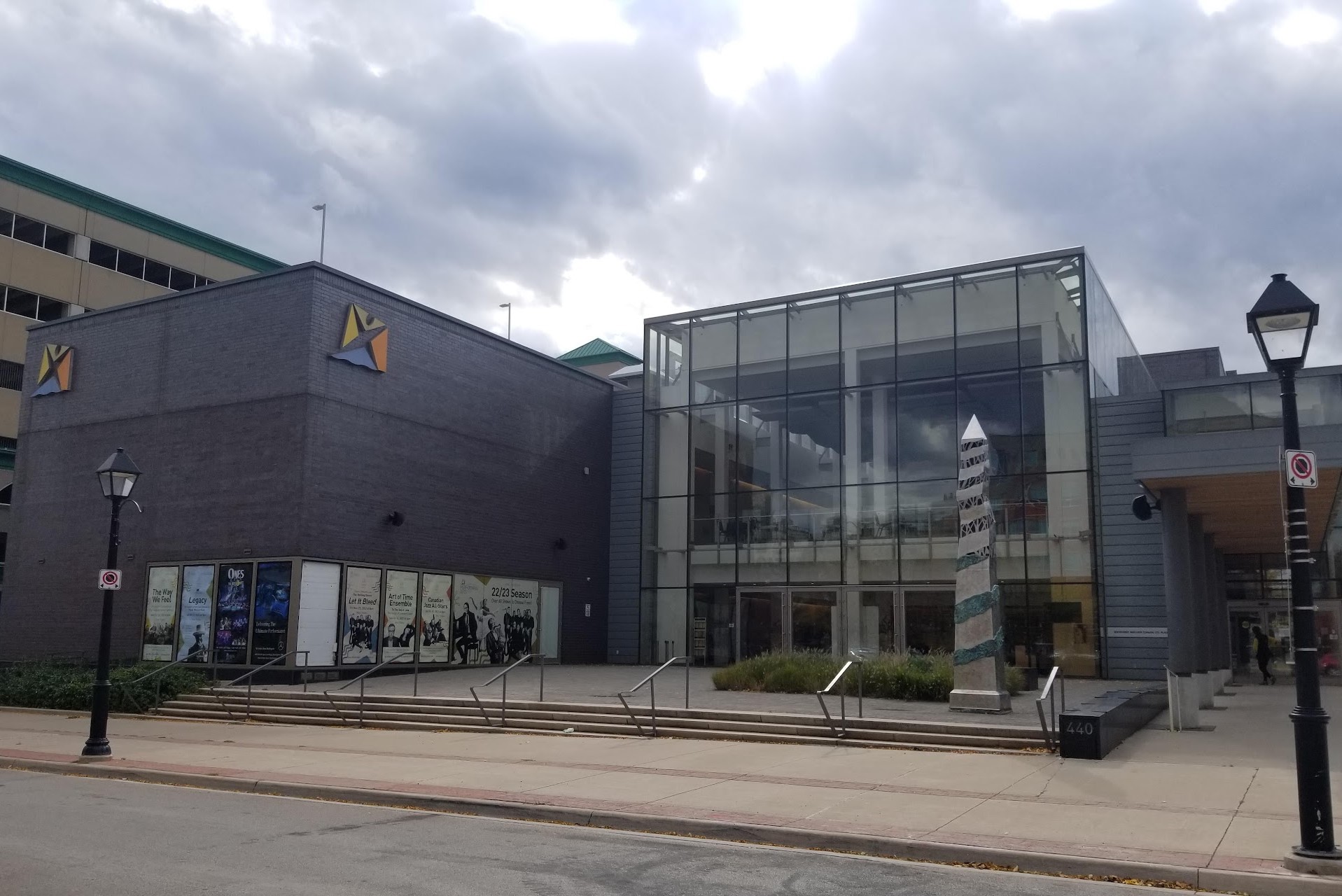There are a number of important reports in the committee agendas for this week’s meetings. On Tuesday, May 4, the Community Planning, Regulation and Mobility Committee will consider extending the heritage property tax rebate to commercial properties.
On Wednesday, May 5, the Corporate Services, Strategy, Risk and Accountability Committee will consider a lobbyist registry and a refreshed 2015–2040 Strategic Plan “One City, One Voice, One Vision.” The presentation is included in the meeting package posted online. We are always interested also in the items included in any addendums. These are easy to miss because they generally include items added after the meeting agenda is posted. The addendum for this meeting includes a verbal update on the Customer Experience (CX) Implementation Plan. Presentation slides are included online.
There is also a memo from Councillor Sharman (Ward 5) with a staff direction for committee to consider about planning and budgeting. More on that later in this article.
On May 6, the Environment, Infrastructure and Community Services Committee will be considering an update to the city’s private tree by-law. This update presents a replacement by-law and updated rates and fees. Online, you’ll find it in the addendum for the meeting. Also in the agenda is a report about Tyandaga Golf Course. The recommendation is to permanently phase in, over 2022–2026, a change to the operating model from the current net zero model to a tax- supported model.
Each of these reports is available on https://www.burlington.ca/en/your-city/Agendas-and-Minutes.asp, by choosing the meeting calendar and clicking on the respective meeting package or addendum.
Getting back to planning and budgeting, Councillor Paul Sharman has a memo in the addendum for the May 5 meeting. Sharman has been the Ward 5 councillor since October 2010, which makes him the most experienced member of Burlington’s current council in terms of City of Burlington planning and budget processes. The memo provides his perspective on the city’s readiness for “a more objective and informed” process.
What changes are recommended? Stop providing budget directions to staff for the upcoming year without current information about service performance and risk; change the review process involving budget action request forms; take a long-term focus rather than short term; business planning for each strategic direction in the city’s strategic plan; five-year business plans for each of the city’s 38 identified services; presentation of both service budgets and department budgets. Several examples are provided in the memo: in the Community Planning department, “seriously under-resourced to meet existing and forecasted workload;” Roads, Parks and Forestry, “seriously under-resourced to meet council-approved service standards and community expectations.”
The staff direction asks the Chief Financial Officer to report back in July 2021 with process changes reflecting coordinated corporate business planning, measurement, budget and performance management. We will see what committee recommends to council and what council decides on May 18.
One of the examples provided in Appendix A to the memo is shown below: Building Code Permits and Inspections. The performance measure answering “how well did we do it?” is turnaround time to process building permit applications (in number of business days). Since the Ontario Building Code classifies buildings into various categories, the data is reported that way as well. Notably, in 2020, the city data shows that 2020 turnaround matched the legislated timelines. This was impacted by COVID-19 and adjustments required for staff working from home. For example, 30 days is the legislated timeline for a complex building.







